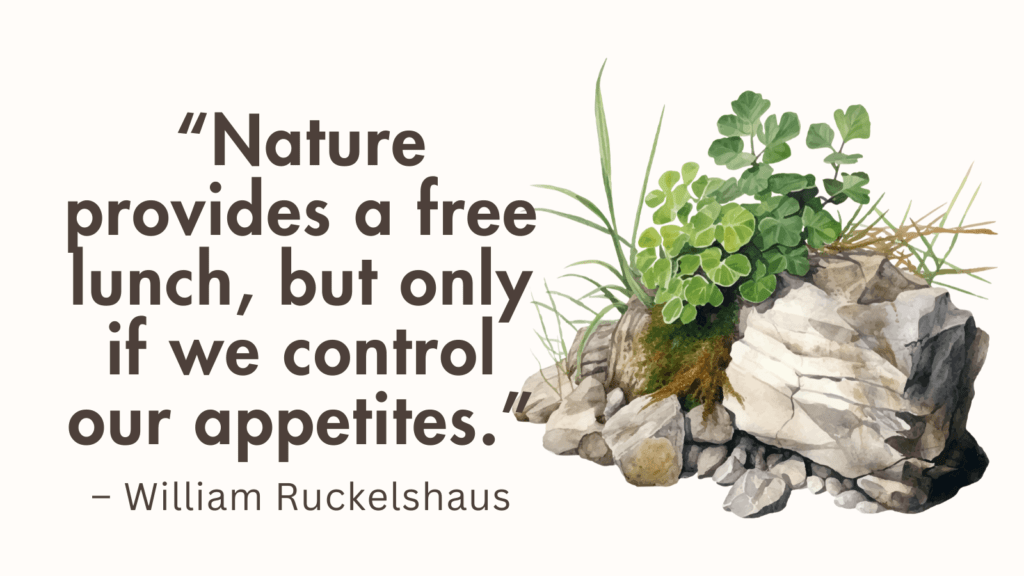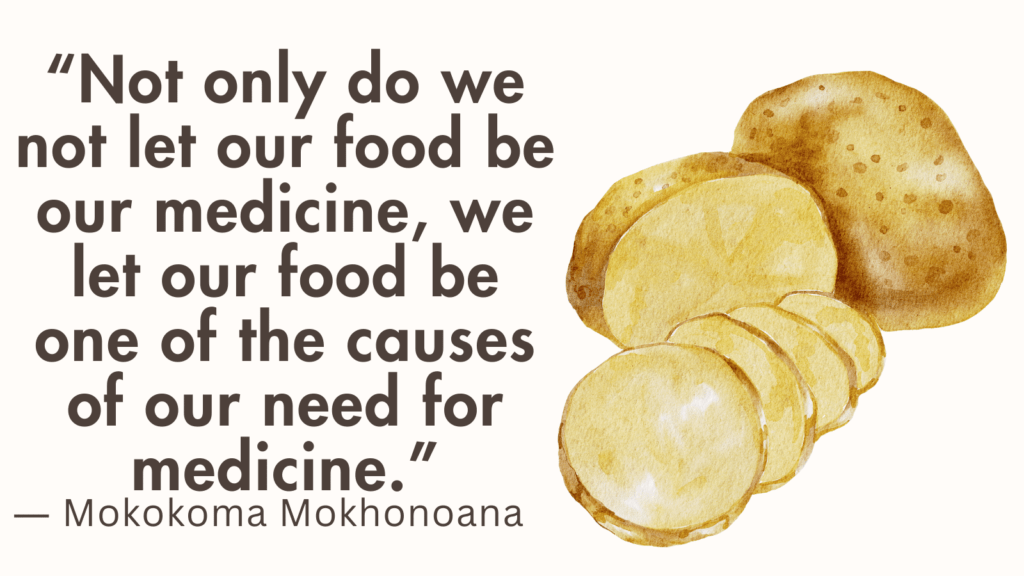In this post, you’ll find out the answer to the question “Does rice need to be organic?”
Does Rice Need To Be Organic?
When it comes to the question of whether rice needs to be organic, there are a few factors to consider.
Organic rice is grown without the use of synthetic fertilizers, pesticides, or genetically modified organisms (GMOs).
While many people opt for organic rice due to concerns about their health and the environment, it is important to note that conventionally grown rice is subject to strict regulations and safety standards.
Additionally, organic rice typically comes at a higher price point due to the specialized farming practices involved.
Ultimately, the choice between organic and conventional rice depends on personal preferences, dietary restrictions, and beliefs.
Supporters of organic rice argue that by choosing organic, one can avoid potential exposure to harmful pesticides and GMOs.
They may also appreciate the environmentally-friendly methods employed in organic farming, such as crop rotation and composting, which promote soil health and biodiversity.
Moreover, organic rice may potentially have higher nutrient content, as the absence of chemical interventions allows the plants to fully develop their nutritional profile.
On the other hand, conventional rice farming ensures food safety through regulatory measures.
Governments around the world set maximum pesticide residue limits, regularly inspect farms, and test rice for quality, ensuring the product meets the necessary safety standards.
Consumers who prioritize affordability or have limited access to organic options may find conventionally grown rice to be a practical choice.
Ultimately, the decision to purchase organic or conventional rice is a personal one.
It may be influenced by factors such as budget, accessibility, environmental and health beliefs, and individual requirements.
Whichever option is chosen, it is important to thoroughly wash and cook rice properly to reduce any potential health risks associated with pesticide residue and other contaminants.
Related: Do Walnuts Need To Be Organic?
Is Organic Rice Worth It?
Organic rice has become increasingly popular in recent years as people pay more attention to their health and the impact of food production on the environment.
But is organic rice really worth it?
Well, it depends on your priorities and values.
Organic rice is grown without the use of synthetic fertilizers, pesticides, or genetically modified organisms (GMOs).
This means that it is free from harmful chemicals that can potentially have adverse effects on our health.
Additionally, organic rice farms follow sustainable agriculture practices that prioritize soil health, water conservation, and biodiversity.
By choosing organic rice, you are supporting farmers who employ environmentally friendly methods and contribute to a more sustainable food system.
Studies have shown that organic farming practices can enhance soil fertility, leading to a richer and healthier ecosystem.
Moreover, organic rice often has a higher nutritional value compared to its conventional counterpart.
It tends to contain more vitamins, minerals, and antioxidants, which are crucial for maintaining good health.
However, it’s important to note that eating organic rice alone does not guarantee a healthy diet.
It’s equally important to focus on a balanced and varied diet that includes other essential food groups.
Additionally, the availability and accessibility of organic rice may vary depending on where you live, making it more challenging for some individuals to make this choice.
In conclusion, opting for organic rice can be a worthwhile investment for those who prioritize their health and the environment.
By choosing organic, you support sustainable farming practices, reduce your exposure to harmful chemicals, and potentially gain a more nutrient-dense product.
While it may require a bit of budget adjustment and research to find reliable sources, the long-term benefits make it a compelling choice for many people.
Related: Do Potatoes Need To Be Organic?
Is organic rice more nutritious than regular rice?
While organic rice is not necessarily more nutritious than conventional rice, it does have certain advantages.
Since it is grown in well-nourished soil without synthetic additives, organic rice may contain higher levels of certain nutrients, such as antioxidants and minerals.
However, the nutritional value ultimately depends on the rice variety and its specific growing conditions.
How can I ensure that the organic rice I buy is authentic?
Look for reputable organic certifications on the packaging, such as USDA Organic or EU Organic labels.
These certifications ensure that the rice has been grown and processed according to strict organic standards.
You can also purchase organic rice from trusted brands and retailers that have a transparent sourcing and certification process.
Related: Does Olive Oil Need To Be Organic?

Garden Cart
*As an Amazon Associate I earn from qualifying purchases, at zero cost to you, if you click through the link and finalize a purchase.





